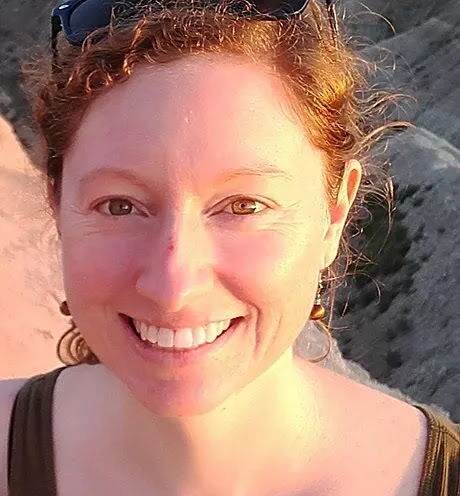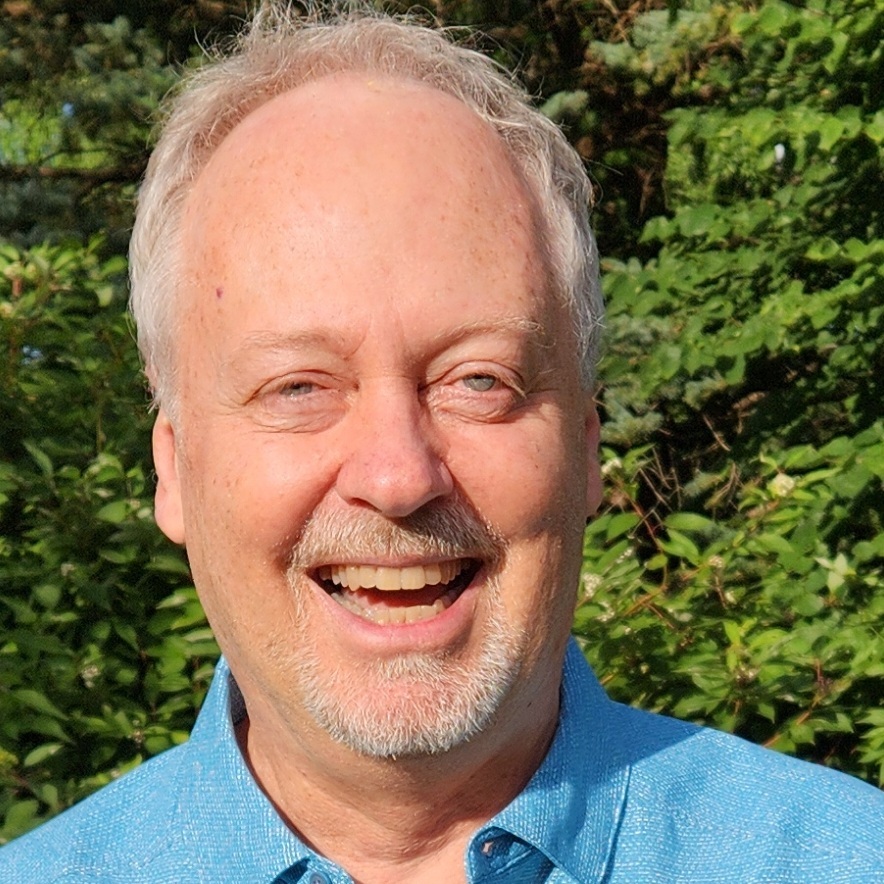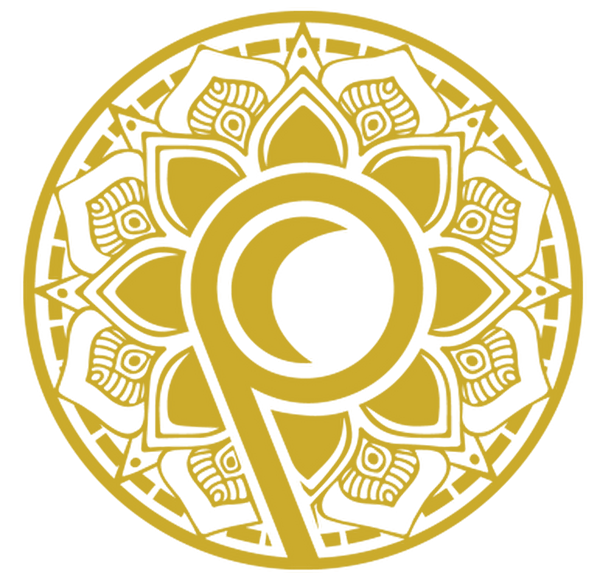
Embodying Coherence
Finding Resilience in Chaos
Many people today are feeling a deep, often overwhelming sense of fatigue, grief, and disorientation in response to the state of the world. The convergence of environmental concerns, political instability, social fragmentation, and economic uncertainty creates a kind of ambient anxiety—a background hum of unease that’s hard to escape. You may be experiencing helplessness, anger, disconnection, exhaustion, fear, and many other emotions.
Cause: A Collective Suffering
Especially for those who are empathic, sensitive, or deeply attuned, you may feel like you are in a vortex of despair, accompanied by a sense of futility and loss of orientation. This experience is part of what some call "collective trauma"—a shared psychological wound that spans communities, generations, and even species.
Why This Happens
Our nervous systems are not designed to process global-scale suffering in real time. The constant stream of distressing news, images, and stories—especially through digital media—can overwhelm our capacity to regulate and respond. It is not uncommon to numb out, compartmentalize, or turn despair inward in response to such overwhelm in an attempt to carry on with life. The cost of these natural behaviors is a decrease in aliveness, connectedness, and motivation for action.
A Solution: What’s Next
It is possible to honor our pain for the world and see a path forward with new eyes. We can build resilience and reclaim agency by:
-
Cultivating gratitude
-
Facing difficult emotions in a stable container
-
Creating small, meaningful connections
-
Practicing nervous system regulation—through breathwork, nature, movement, and mindful embodiment
-
Engaging in collective care—mutual aid, community rituals, or shared grieving
-
Allowing space for beauty and joy, even in the midst of sorrow
-
Fostering “pools of cohesion”
-
In complex systems theory, chaos isn't just disorder—it's a state of high sensitivity and potential. When systems are in chaos, they are more malleable, more open to influence. This is
-
where pools of cohesion can form—small, organized clusters of people, ideas, or behaviors that resonate, harmonize, and begin to stabilize amidst the turbulence. These pools act like
-
attractors in a chaotic system: they draw in energy, attention, and resources, and can amplify their influence rapidly if conditions are right.
In this 4-part series meeting we will utilize nervous system education; somatic practices; movement, breath and sound; authentic relating; co-regulation practices; safe, consenting touch; and Buddhist scholar and environmental activist Joanna Macy's “Work That Reconnects", building within ourselves and our communities the conditions that support resourcefulness, agency, and hope.
Fitchburg Location
$285
Saturdays | Oct. 4, 25, Nov. 22, Dec. 6


Kristy Kuecken
Kristy is a Certified Yoga Teacher (CYT200) and a Certified TRE Provider. She has over 7 years of experience working with individuals with trauma, mental health and substance use challenges, and medically unexplained chronic pain/other chronic conditions. She is currently training to become a Somatic Experiencing Practitioner (SEP).
Will Hector
Will Hector is a somatic psychotherapist helping adults and couples heal from trauma, understand and overcome obstacles like depression, anxiety, and communication issues, and become better versions of themselves. He works in-person in Madison and online throughout Wisconsin and California.
Contact Will
